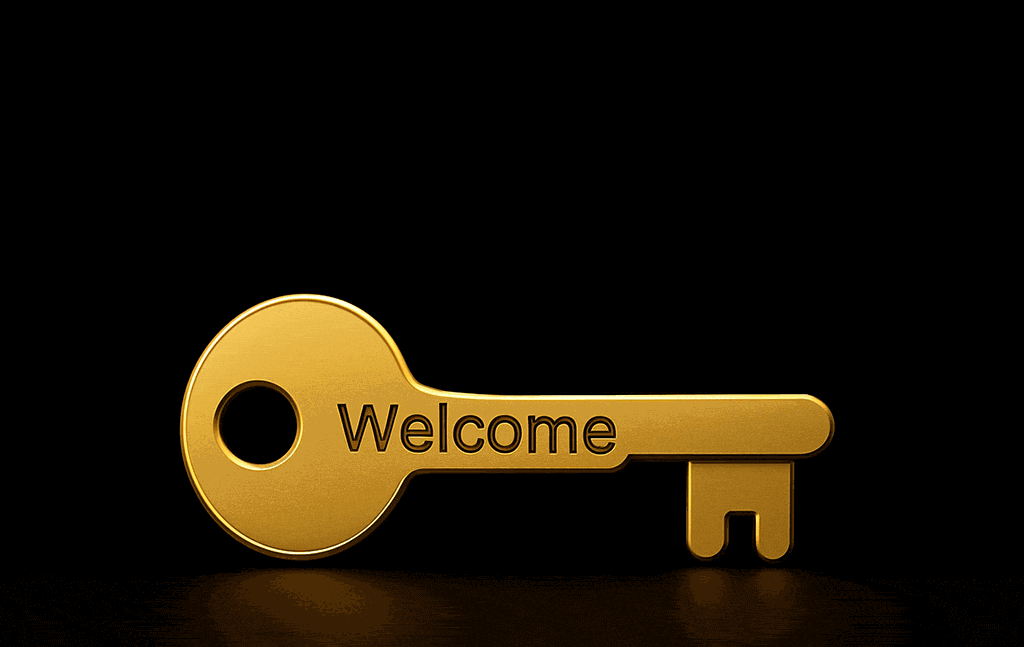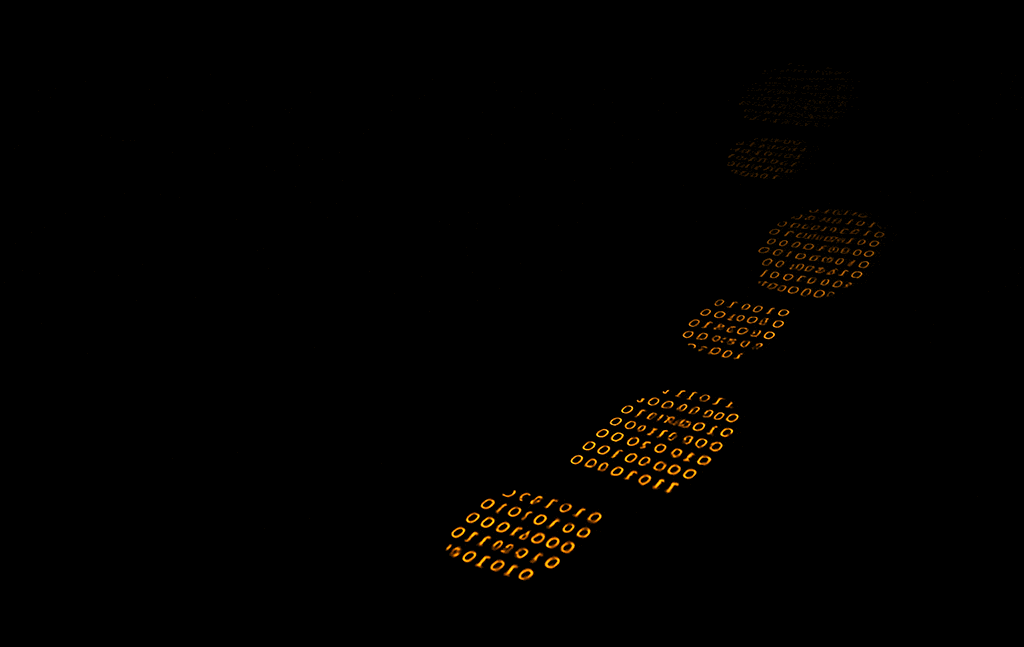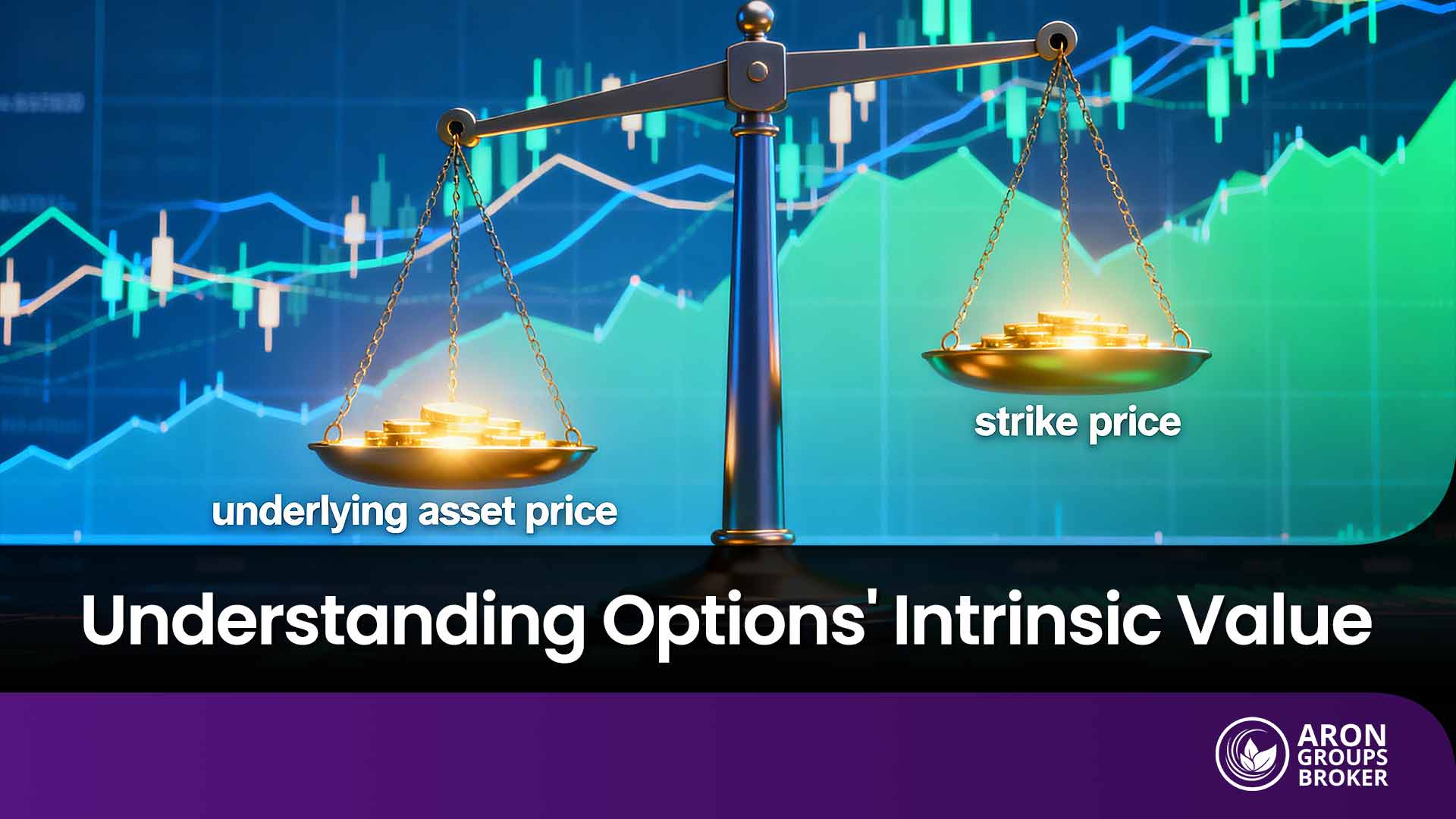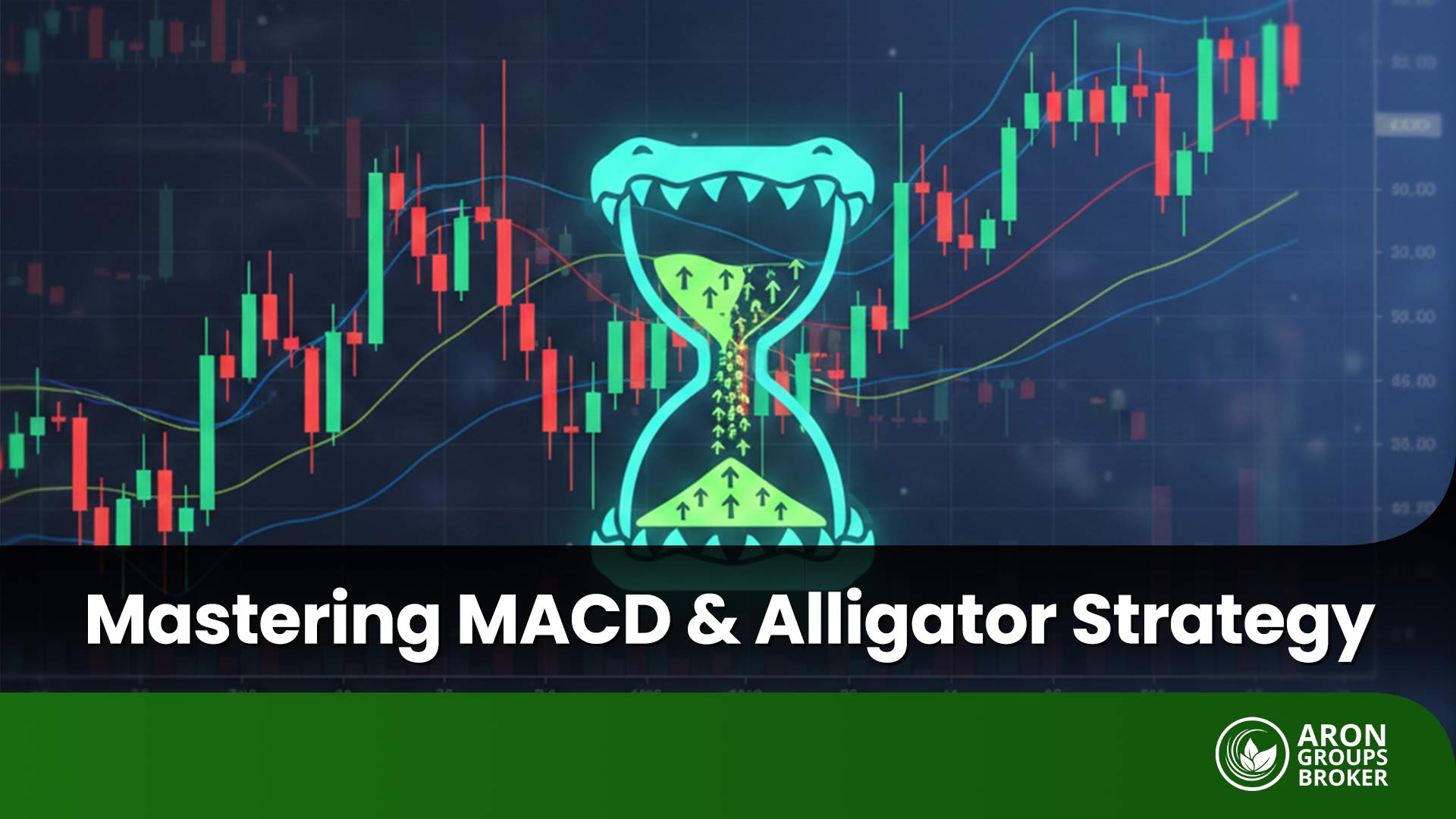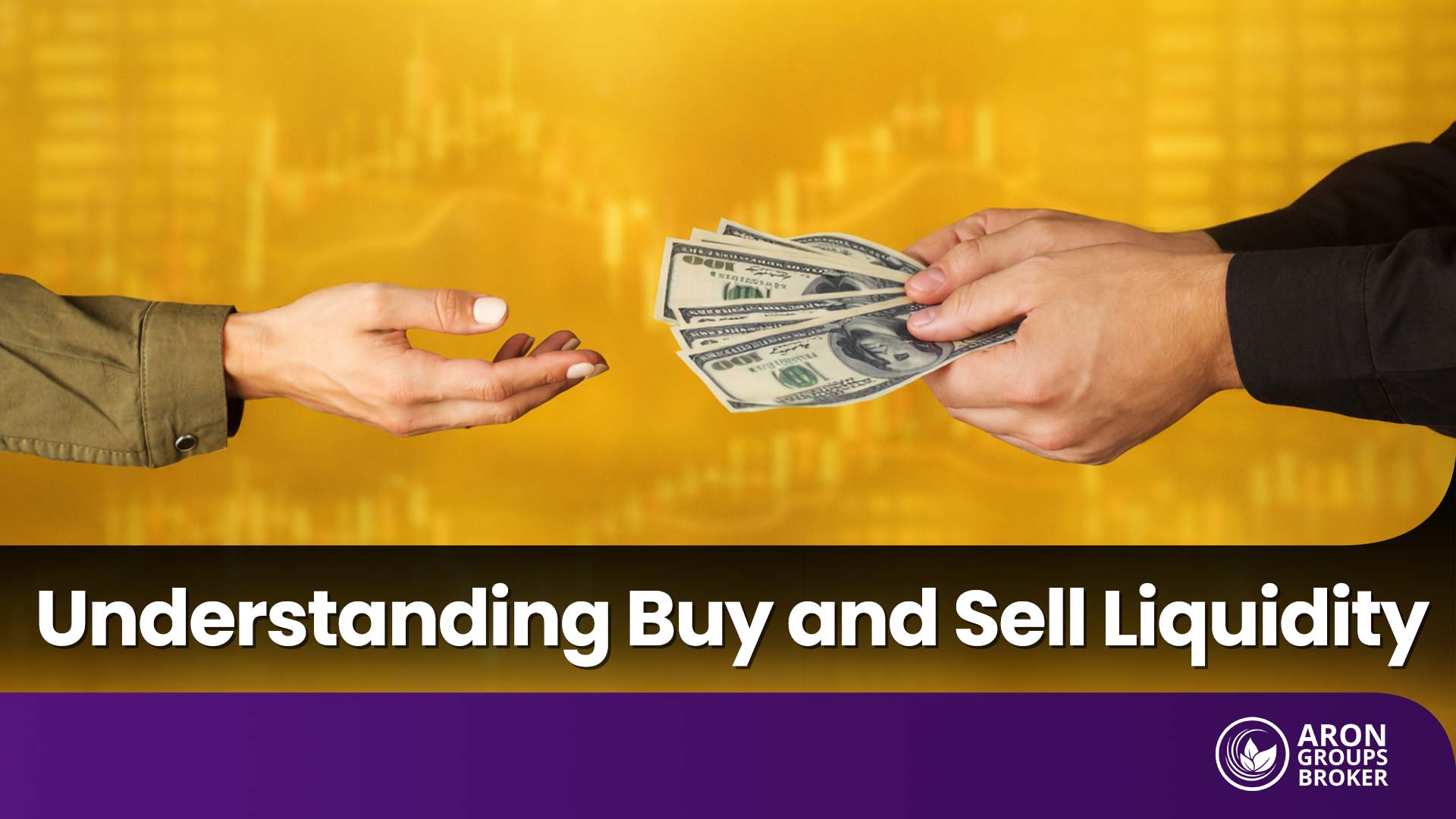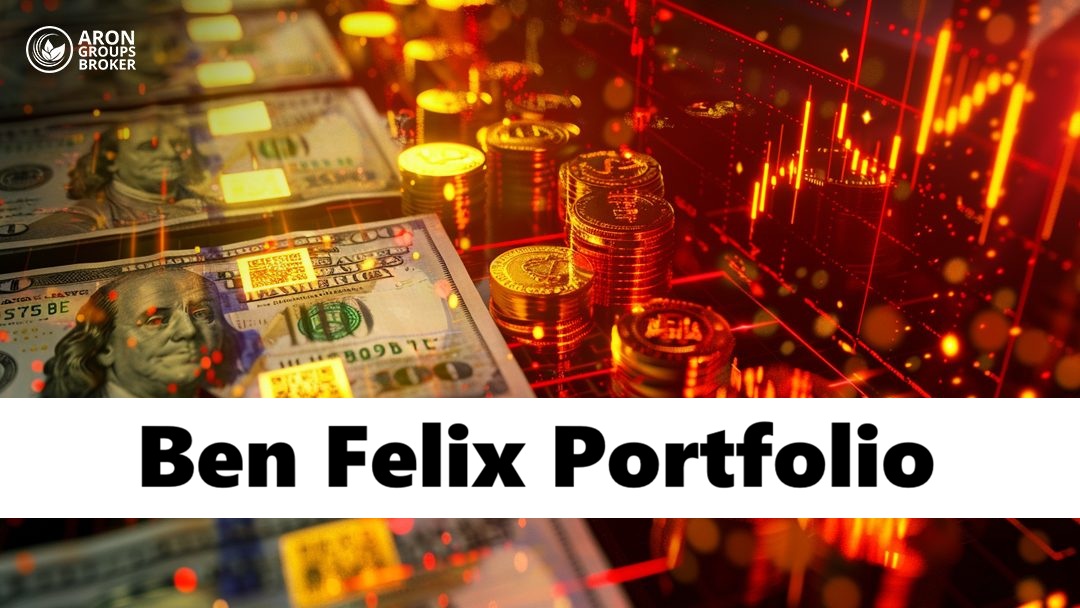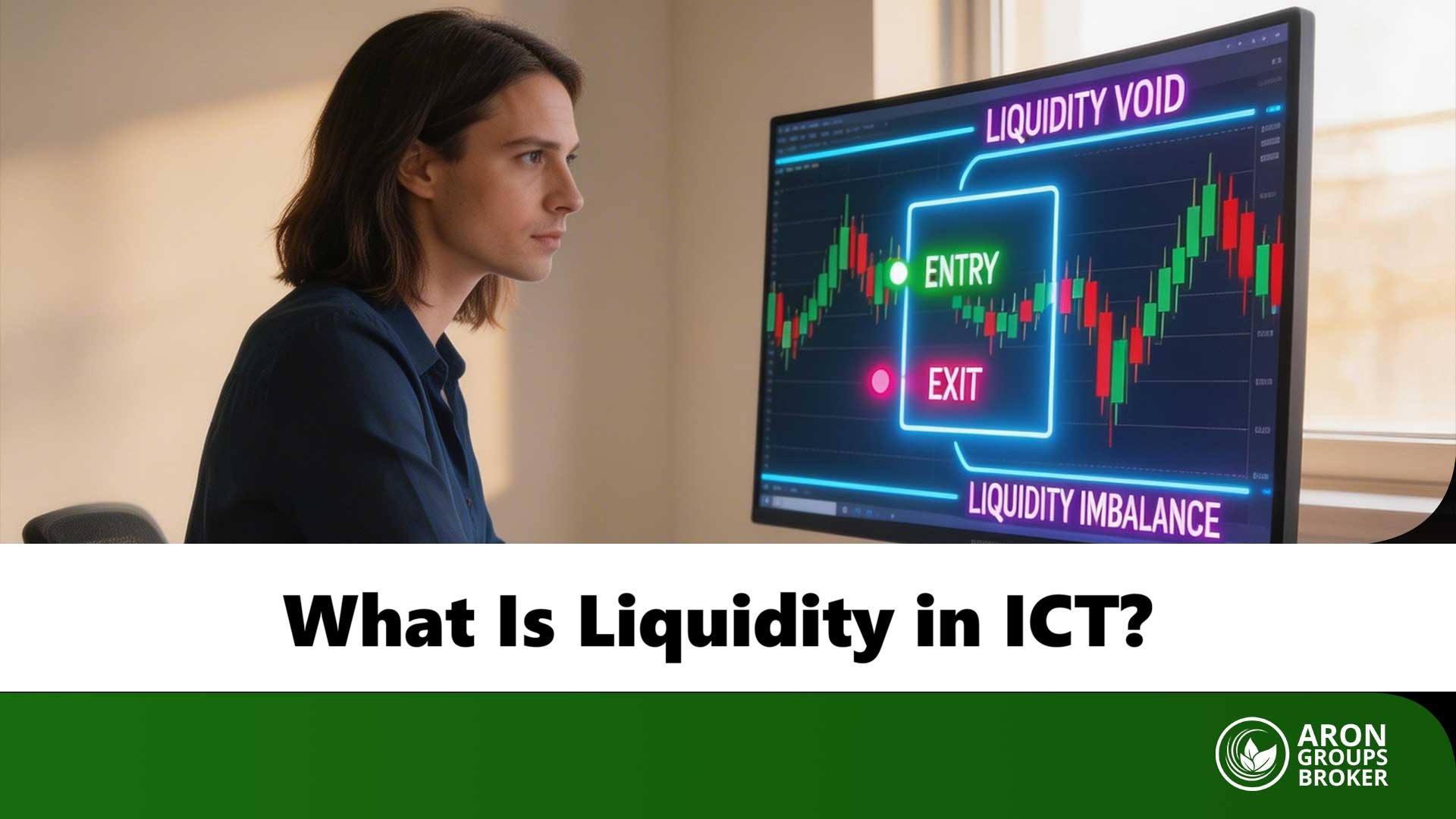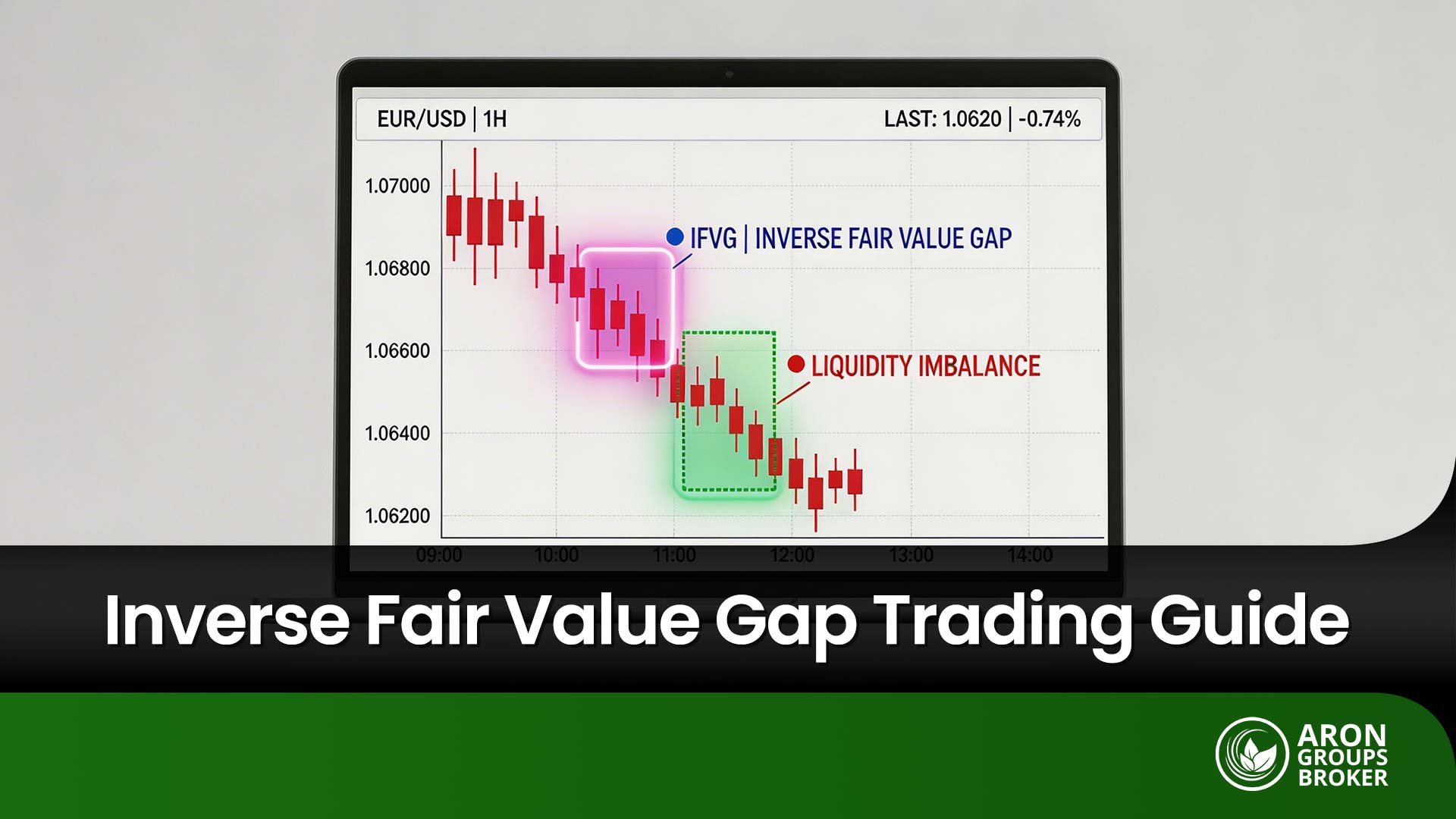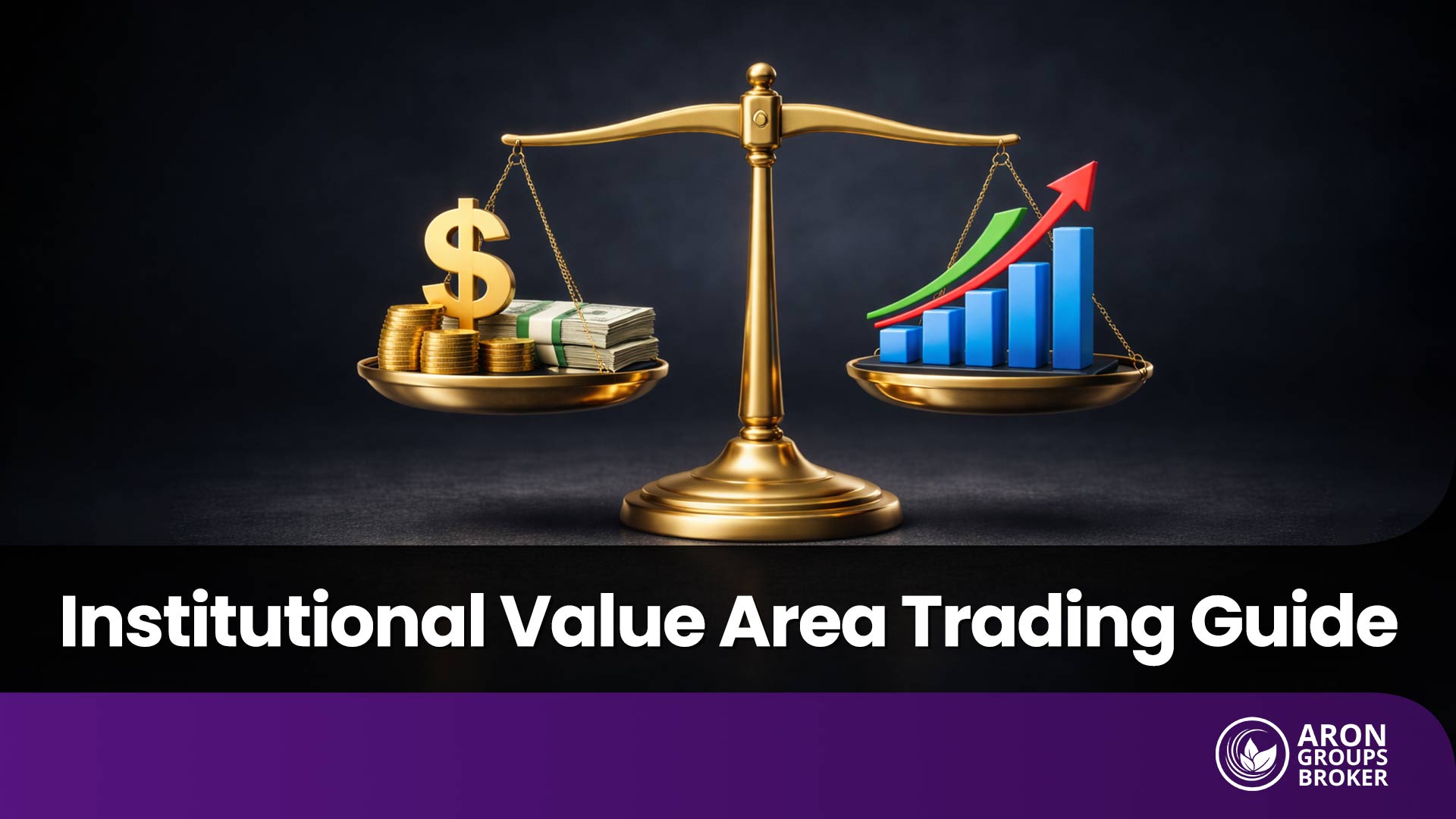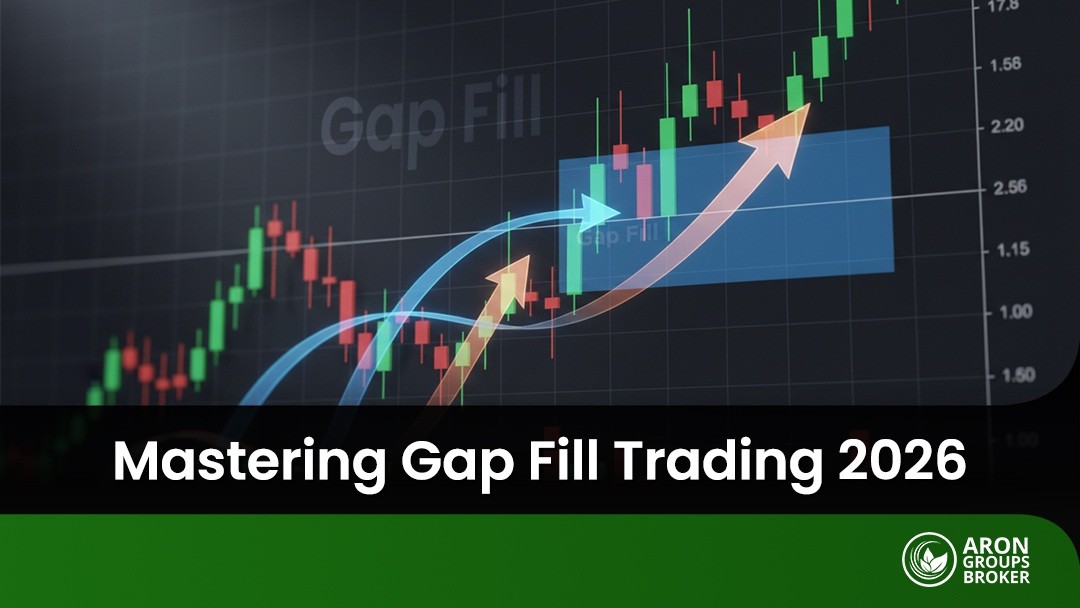A reliable broker always provides clients with a handful of opportunities and services. One of the fascinating services a broker can provide is CFDs. CFDs or contracts for difference is a popular type of investment in a brokerage. The difference we all talk about here depends largely on the type of financial asset that is the subject of the contract. as there are numerous options in the CFDs’ market. Given the versatility, more people try to trade CFDs nowadays.
Here at Aron Groups Broker, we’re not only providing you with CFDs, but we will discuss everything about the contract for difference. Keep reading before starting to trade CFDs on the rear market. There are things you need to know that will completely change the outcome.
Table of Contents
What are CFDs?
To answer the question of what is a contract for difference (CFDs), a contract for difference is a contract between a buyer and a seller That contains the agreement and speculations of most parties. When the agreements are met, the buyer must pay the seller the difference between the value of an asset when the contract was made and its current value.
As you can see, contracts for differences enable Traders with opportunities to profit from price fluctuations. And the most important thing about CFD is that the value of a CFD is not determined by the value of the underlying asset; the only value that matters in this type of contract is the price bit difference between the entry and exit price of the trade.
To clarify, let us provide you with an example; if you are speculating Apple Inc.’s share price Will rise in value, you can buy a CFD and wait. If the market moves according to your speculation and the price Rises, you can sell your contract for the difference at the higher price and make a profit. In this case, the broker will deposit your account with the difference. This process seems familiar to the standard stock trade, but when you are trading a CFD, there are other advantages involved that we will go through them. But first, you need to understand how contracts for differences work.
How do contracts for different work?
Contracts for difference or CFDs are perfect financial instruments that let you speculate on price fluctuations without owning the line asset. Instead, with CFDs, you enter a contract with your broker and agree to exchange the difference between the opening and closing prices.
To be a successful CFD trader, you must always monitor the buy and sell prices; no matter which one you use, everything depends on your speculation of the price and whether it will rise or fall.
Long position
If you speculate the price of an underlying asset will rise, you will buy that asset at its current value and wait for the next market movement. You can only profit from such an agreement if you sell your position at a higher price than the opening one. But if the market moves against you will suffer a loss.
Short position
On the other hand, if you speculate the price of an underlying asset will decrease, you would open a short position at the market’s current value. Suppose the market moves according to your speculation, and the price decreases. In that case, you profit because the broker must deposit your account with the price difference between the entry and exit price. On the other hand, if the market is against you and the price rise, you will suffer a loss.

Key benefits of CFDs
Here we will discuss the major benefits of contracts for difference:
Leverage
The first and most important advantage of contracts for difference is leverage because it enables you to increase your purchasing power. By using leverage, you will enter a larger position to multiply your profits but remember you can also multiply your losses.
Go long or short
When trading stocks, you only profit when you buy at the lowest price and sell at a higher price. And as we all witness; the market only sometimes walks in one direction.
On the other hand, when you are trading contracts for the difference, you can expect price movement, whether it rises or fall, and in both cases, you don’t need to own an actual on-the-line asset.
A vast market
When trading and, CFDs you are not limited to just one market. You can trade contracts for differences in stocks, Forex, comm, stock indexes, and bonds. There is no limit.
24-hour trading
When dealing with just one market, you are bound to the opening hours of the corresponding market and its closing time. That is why when dealing with the stock market, there is always the risk of overnight price moves due to unexpected market events. But then you are trading CDs. You are trading Around the Clock, and the market is available. So if you are looking for a way to hedge against unexpected market events, you should use CFDs.

Liquidity
When trading CFDs, you don’t need to wait for your profit to be deposited into your account. Once you close your position, the broker will deposit the difference into your account, and you can enter other positions.
Types of contracts for difference
As previously noted, you can use contracts for differences in different markets; here, you will talk about some types of CFDs you can use.
Share CFDs
Share contracts for difference are the most popular CFDs in all marketplaces. In this type of contract, the subject is the underlying stock’s price. If you have enough experience trading stocks, now is a great time to put that experience into money and start trading shares CFDs.
Index CFDs
When you are using a contract for differences and the subject of your contract is a specific index, you are trading index CFDs. As you can use higher leverage on this code of CFDs, and the market is more liquid, traders often prefer these CFDs. There are many advantages involved with index CFDs, such as:
- High liquidity
- High leverage
- High trading volume
- Low margin
- Low trading costs
- Access to international markets
Commodity CFDs
If you want to trade on a physical asset in demand, you can use commodity CFDs. You can use hard or soft commodities; in simple terms, hard commodities are mined, such as gold, and soft commodities are grown, like corn. Common commodities for CFDs are precious metals, soya beans, gasoline, cradled, and corn. Using commodity CFDs, you’re making a profit out of the market’s future. In Aron Groups, you can use gold and crude oil as commodity CFDs, benefit from low trading costs, and ensure the broker will not go for specific commodities.
Treasury CFDs
As you don’t have to own an actual the line asset when trading CFDs, you can also enter contracts on the value of treasury nodes, US Treasury Notes, US Bonds, Euro-Bund, and Australian Treasury Bonds are some examples of treasury c of these you can trade on.
Sector CFDs
Using contracts for the difference, you can profit whenever you find the grocery, no matter where it is. So, if you are speculating about the decline in the Economic sector, you can use sector c of these. In this type of CFD, you are trading on the overall view of the economy; for example, you speculate a gross in the healthcare industry.
Inflation CFDs
Information CFDs are unavailable worldwide, but UK Traders are profiting from inflation.
Crypto CFDs
You don’t need to own a digital wallet when trading cryptocurrency CFDs because you’re not purchasing an underlying asset. Trading cryptocurrency CFDs let you use leverage to make larger positions. So, if you are a crypto fan and are always monitoring your favorite asset prices, it has time to make money. You can speculate whether the price of Bitcoin will increase or decrease and make a profit.
Risks involved with CFDs
Remember that the market can lose against you, and as you trade complex products, There Will Be Higher risk involved. So, make sure that you understand how CFDs work. You’ll also need to understand the consequences of margin trades if your speculation goes wrong. Besides, it would be best to estimate your risk tolerance to see whether you can afford to lose everything you have put down to CFDs.
In the end
CFDs are perfect for experienced Traders, so if you are familiar with only one market, for example, stock or Forex, and you want to access more investment opportunities, the perfect way for you is CFDs.
When trading contracts for the difference, you don’t have to own an underlying asset or learn about the stocks, Forex, cryptocurrency, gold, crude oil, or commodity market. Because you are not going to own these assets, you are speculating price movement and introducing a contract on an underlying asset. Here are the Aron Groups; we provide useful information to help you become an experienced and successful Trader. If you found c of these interesting, you can use our demo account and test your idea to see how good you are at a speculating price. Go short or down and analyze your performance on the CFDs market; use different strategies or assets to find your style without paying a single penny.



















